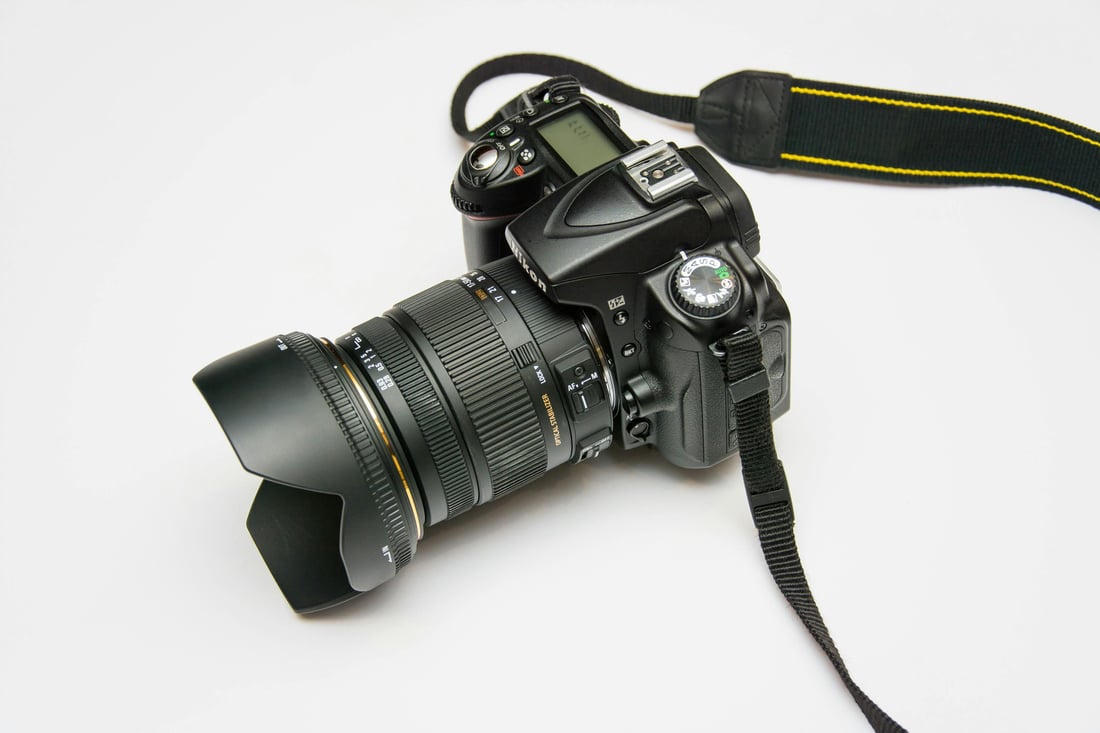Consumer electronics have become an integral part of our daily lives. From smartphones to TVs to laptops and other devices, we rely on them for communication, entertainment, work, and so much more. However, with the increasing number of choices, it is crucial to ensure that the devices we use are safe, reliable, and compliant with industry standards. That's where consumer electronics inspection comes in. In this article, we explore the importance of consumer electronics inspection and what it entails.
What is Consumer Electronics Inspection?
Consumer electronics inspection is a process in which a product is examined to determine if it meets certain quality and safety standards. It involves a thorough examination of the device's components, design, and performance to ensure that it is safe and reliable for use by consumers.
The Benefits of Consumer Electronics Inspection
There are many benefits to conducting consumer electronics inspection, including:
- Ensuring the safety of the product
- Reducing the risk of product recalls
- Protecting consumers from potential harm
- Increasing consumer confidence in the product
- Enhancing the company's reputation
- Complying with industry standards and regulations
What is Included in Consumer Electronics Inspection?
Consumer electronics inspection includes a range of tests and evaluations to determine the quality and safety of a product. Some of the areas that are examined during the inspection process include:
- Electrical safety
- Mechanical safety
- EMC (Electromagnetic Compatibility)
- RF (Radio Frequency)
- Energy efficiency
- Hazardous substances
Types of Consumer Electronics Inspection
There are two main types of consumer electronics inspection:
- Pre-shipment inspection: This is conducted before the product leaves the factory to ensure that it meets the required standards. It involves a detailed inspection of the product's components, design, and performance.
- In-market inspection: This is conducted after the product is on the market to ensure that it continues to meet the required standards. It involves a random sampling of the product to check for any deviations from the original inspection.
Who Conducts Consumer Electronics Inspection?
Consumer electronics inspection can be conducted by various entities, including:
- Third-party inspection companies
- Certification agencies
- Regulatory bodies
- Manufacturers
The Importance of Accreditation and Certification in Consumer Electronics Inspection
Accreditation and certification are important factors in consumer electronics inspection. Accreditation ensures that inspection companies and certification agencies meet certain standards and are qualified to conduct inspections. Certification verifies that a product meets specific standards and has been independently verified by a third-party inspection company or a certification agency.
The Future of Consumer Electronics Inspection
As technology continues to advance and new products are introduced into the market, consumer electronics inspection will continue to play a crucial role in ensuring the safety, reliability, and compliance of these products. In addition, there will likely be increased scrutiny of products as consumers become more aware of the importance of product safety and environmental concerns.
Conclusion
Consumer electronics inspection is a crucial process in ensuring the safety, reliability, and compliance of the products we use every day. By conducting thorough inspections, companies can protect consumers from potential harm, comply with industry standards and regulations, and enhance their reputation. As consumers become more aware of the importance of product safety, the need for consumer electronics inspection will only continue to grow.
Quote Inquiry
Contact us!

